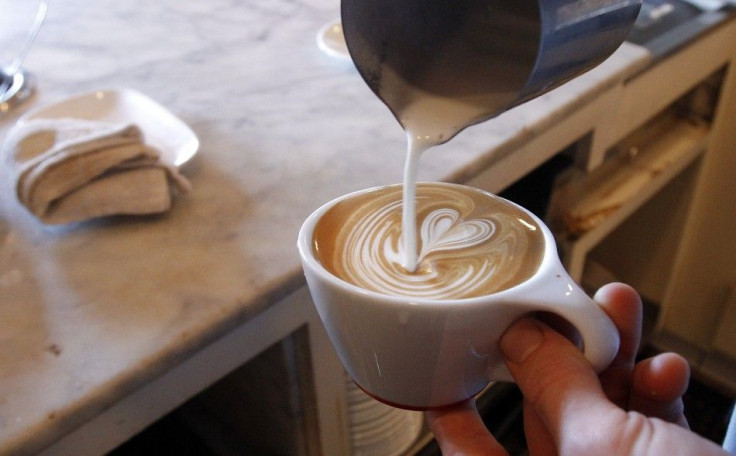Study: Coffee and Tea Drinkers are Safe From Bacteria 'MRSA'

A recent government study published in the Annals of Family Medicine showed that those who drink hot tea or coffee are about twice as likely as non-drinkers to ward off methicillin-resistant Staphylococcus aureus, or MRSA, in their nostrils.
More than 5,500 Americans were sampled in the government study.
Drinking either beverage was associated with about a 50 percent relative reduction in the odds of nasal MRSA carriage, and drinking both was associated with a 67 percent reduction, according to Dr. Eric Matheson of the Medical University of South Carolina in Charleston and colleagues.
The findings, "raise the possibility of a promising new method to decrease MRSA nasal carriage that is safe, inexpensive, and easily accessible," they wrote in the study. The analysis included 5,555 individuals ages 2 and older, representing 182.1 million people. About half, specifically 48.6 percent, reported consuming hot tea over the past month and 60.8 percent reported drinking coffee over the past month.
The study found that an estimated 2.5 million individuals are MRSA nasal carriers. "Hot tea and coffee have been found to have antimicrobial properties," wrote lead researcher Eric Matheson of the University of South Carolina. "Consumption of hot tea or coffee is associated with a lower likelihood of MRSA nasal carriage."
Generally, about one percent of the U.S. population carries MRSA in the nose or on the skin, but fails to get sick. Matheson's team found that tea and coffee drinkers were less likely to carry MRSA. Less research has been done on coffee compounds, but there is some evidence of antibacteria.
© Copyright IBTimes 2025. All rights reserved.





















